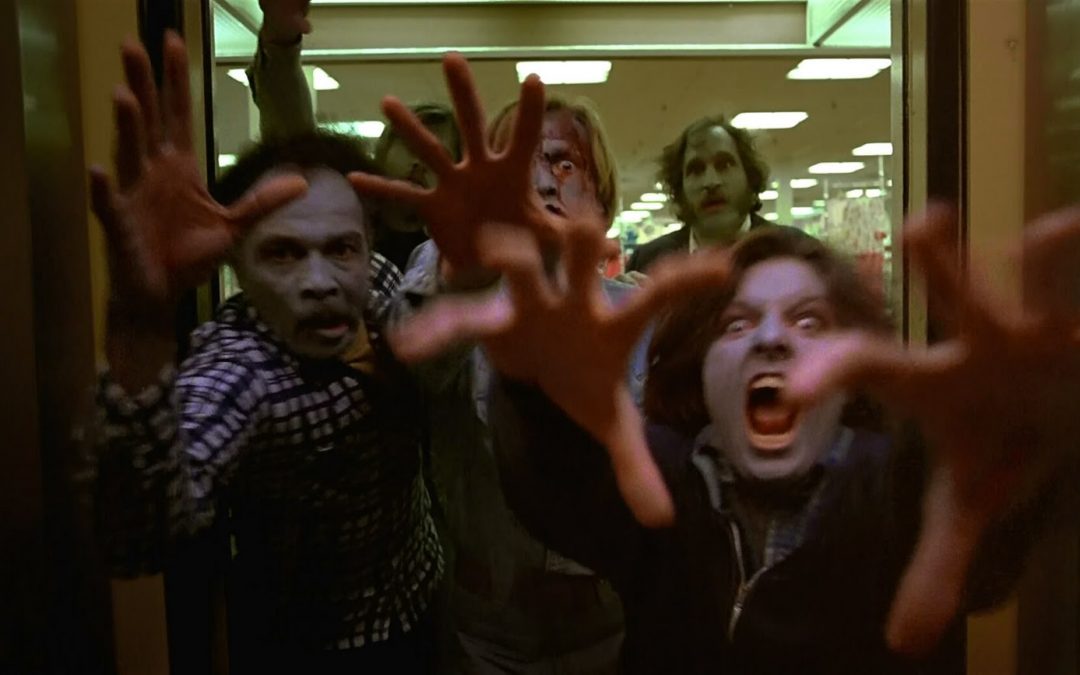Suzanne Desrocher-Romero, the late George Romero‘s wife, says that her husband left behind quite a few scripts that never went into production.
“George was a prolific writer,” said Desrocher during a recent interview with ComicBook.com. “He loved to write, and we have 40 or 50 scripts that he’s written, and a lot of it is very good. He had a lot to say, and he still does, because I’m gonna make sure that he does. It’s my mission.”
While Desrocher doesn’t go into details regarding all of her plans for Romero’s unfilmed scripts, she does mention one unreleased movie that her late husband worked on that she hopes to make available sometime in the near future.
“We have a film that he shot in 1973 that most people haven’t seen. A handful of people have seen this film,” said Desrocher. “We’re gonna restore it, and we’re gonna show it to Romero cinephiles. It’s a scary movie, but it’s not a horror movie, and it’s about ageism. Anyway, he has a cameo in it, and it’ll be fun. And we’ll show the movie, or get it distributed. It’ll be a project that the foundation’s gonna do. I think it’s the first project we’re gonna do actually.”
Desrocher goes on to say that she has warned people that it’s not a “zombie movie” but that you can see George Romero’s “footprint” in “how he shoots and the story.” The year puts the film in the same time period as his Season Of The Witch, which has still never had its full cut released, and The Crazies, which is one of his best films. We also know that Dan Klaus is working to finish a novel called The Living Dead that Romero was working on before his death, and Desrocher states that a film Romero was working on (titled Road Of The Dead) may still be finished at some point despite some production troubles along the way.
It will be interesting to see what (if anything) comes of those various unfilmed scripts that Desrocher references and whether or not Romero’s passing will eventually lead to the original Dawn of the Dead being re-released in modern special edition formats. The story goes that its strange absence from the modern media scene can be attributed to producer Richard P. Rubinstein’s absurd royalty demands for the rights to the film.

